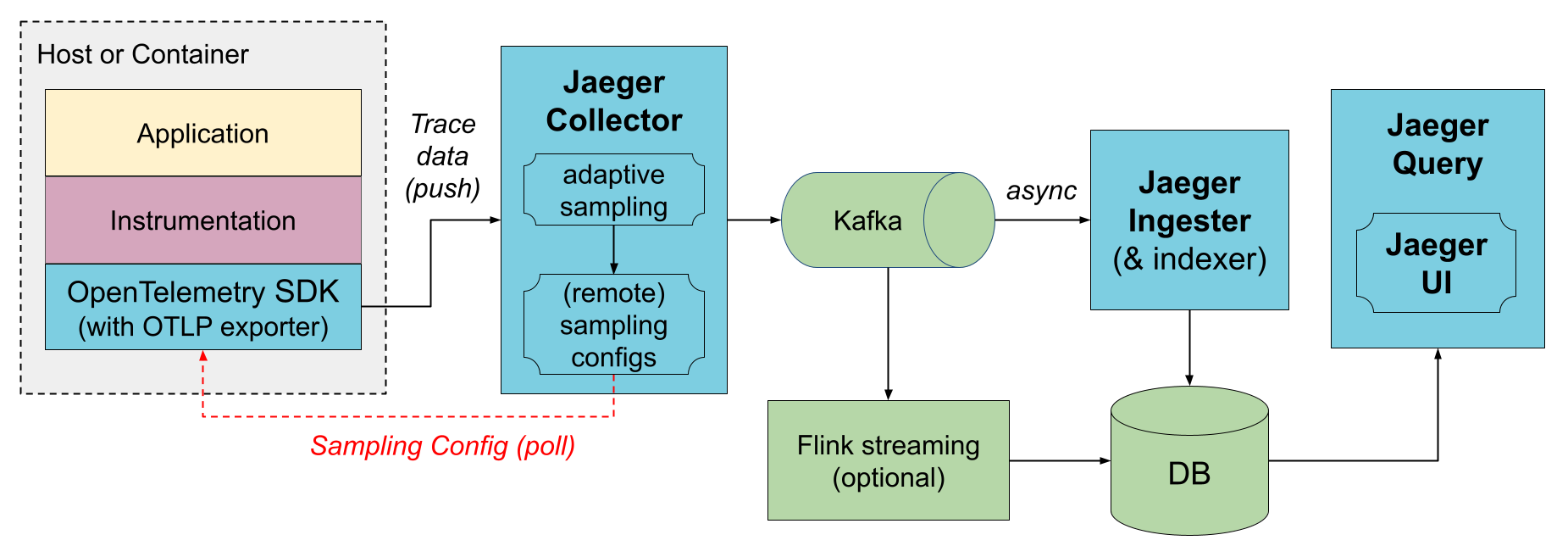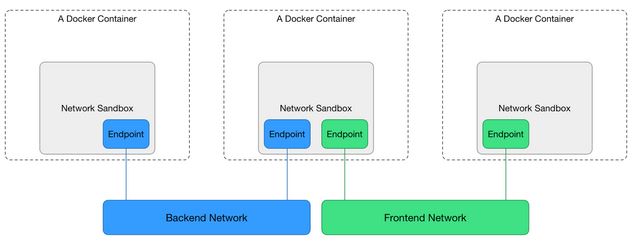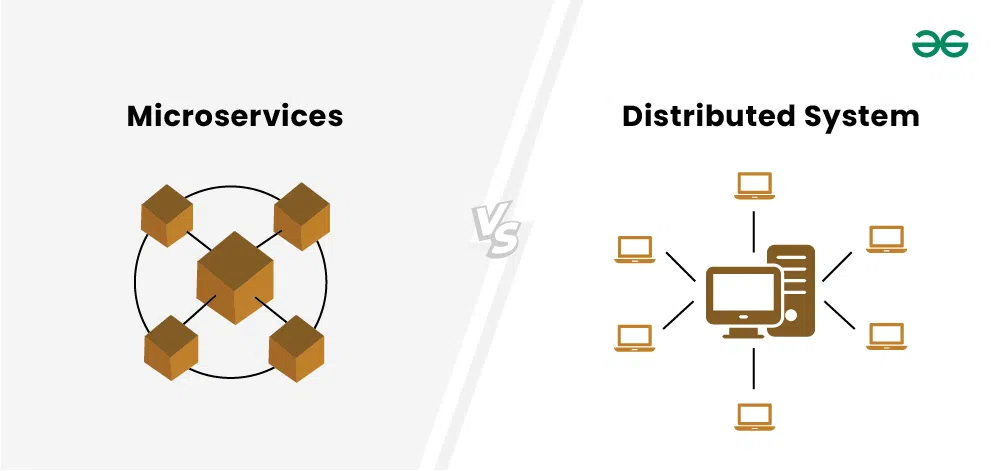Testing multi-agent systems is a special kind of hell. Nothing works the way you expect, everything times out randomly, and Docker containers develop a personal vendetta against you. I learned this when our test environment worked perfectly but production died from network issues, timing problems, and cascade failures. Here's how to make it suck less.
Local Testing: The Sweet Lies
Local testing gives you false confidence. Everything works perfectly until you deploy to production and watch it burn. But you still need to test locally to catch the obvious bugs.
Create test_basic.py:
## test_basic.py
import pytest
import asyncio
import httpx
import time
## Test individual agents first (they'll all be broken differently)
@pytest.mark.asyncio
async def test_coordinator_doesnt_crash():
"""Test that coordinator starts without dying immediately"""
try:
async with httpx.AsyncClient(timeout=5.0) as client:
response = await client.get("http://localhost:8000/health")
assert response.status_code == 200
assert "healthy" in response.json().get("status", "")
except httpx.ConnectError:
pytest.skip("Coordinator not running. Start it first.")
@pytest.mark.asyncio
async def test_agents_can_register():
"""Test that agents don't crash when registering"""
try:
async with httpx.AsyncClient(timeout=10.0) as client:
response = await client.post(
"http://localhost:8000/register_agent",
json={
"name": "test_agent",
"endpoint": "http://localhost:9999",
"capabilities": ["test"]
}
)
# Any response is good - at least it didn't crash
assert response.status_code in [200, 201, 202]
except Exception as e:
pytest.fail(f"Registration crashed: {e}")
@pytest.mark.asyncio
async def test_simple_task_doesnt_hang():
"""Test that a simple task completes (or fails gracefully)"""
try:
async with httpx.AsyncClient(timeout=30.0) as client:
start_time = time.time()
response = await client.post(
"http://localhost:8000/execute_task",
json={"task_description": "test task", "timeout_seconds": 20}
)
duration = time.time() - start_time
# We don't care if it succeeds, just that it returns something
assert duration < 25.0 # Should not hang forever
assert response.status_code in [200, 400, 500] # Any response is better than timeout
except httpx.TimeoutException:
pytest.fail("Task hung - this is bad")
except Exception as e:
# Other errors are fine, at least it didn't hang
print(f"Task failed but didn't hang: {e}")
Run tests: pytest test_basic.py -v
What actually happens:
- Tests pass locally, fail in CI
- Agents start in wrong order, everything breaks
- Network timeouts everywhere
- Tests are flaky and fail randomly
Integration Testing: Mock Everything
Don't test against real APIs in integration tests. They'll rate-limit you, go down during your demos, and generally ruin your day. Mock everything. I use pytest-mock and responses libraries for HTTP mocking.
## test_integration.py
import pytest
import asyncio
from unittest.mock import patch, AsyncMock
@pytest.mark.asyncio
async def test_end_to_end_workflow_mocked():
"""Test the whole workflow with mocked external calls"""
# Mock all the things that break
with patch('httpx.AsyncClient.post') as mock_post:
# Mock successful agent responses
mock_response = AsyncMock()
mock_response.status_code = 200
mock_response.json.return_value = {
"results": ["mock result 1", "mock result 2"],
"status": "completed"
}
mock_post.return_value = mock_response
# Mock search API that doesn't rate limit
with patch('researcher.search_api') as mock_search:
mock_search.return_value = [{"title": "Mock result", "url": "http://test.com"}]
# Now test the workflow
async with httpx.AsyncClient(timeout=15.0) as client:
response = await client.post(
"http://localhost:8000/execute_task",
json={"task_description": "research AI safety", "timeout_seconds": 10}
)
# Test that mocked system works
assert response.status_code == 200
result = response.json()
assert "status" in result
Load Testing: How to Break Your System
Run multiple tasks simultaneously to find where it breaks:
## load_test.py
import asyncio
import httpx
import time
async def spam_coordinator():
"""Send many requests to find the breaking point"""
async def send_request(task_id):
try:
async with httpx.AsyncClient(timeout=30.0) as client:
start = time.time()
response = await client.post(
"http://localhost:8000/execute_task",
json={"task_description": f"task {task_id}", "timeout_seconds": 15}
)
duration = time.time() - start
return {"id": task_id, "status": response.status_code, "duration": duration}
except Exception as e:
return {"id": task_id, "error": str(e), "duration": 999}
# Start with 5 concurrent requests, increase until system breaks
for num_concurrent in [5, 10, 20]:
print(f"
Testing {num_concurrent} concurrent requests...")
tasks = [send_request(i) for i in range(num_concurrent)]
results = await asyncio.gather(*tasks, return_exceptions=True)
successful = sum(1 for r in results if isinstance(r, dict) and r.get("status") == 200)
avg_duration = sum(r.get("duration", 0) for r in results if isinstance(r, dict)) / len(results)
print(f"Success rate: {successful}/{num_concurrent} ({successful/num_concurrent*100:.1f}%)")
print(f"Average duration: {avg_duration:.2f}s")
if successful < num_concurrent * 0.8: # Less than 80% success
print(f"System breaks at {num_concurrent} concurrent requests")
break
if __name__ == "__main__":
asyncio.run(spam_coordinator())
Docker Deployment: Pain and Suffering
Here's a docker-compose.yml that actually works (sometimes):
## docker-compose.yml
version: '3.8'
services:
coordinator:
build: .
command: python coordinator.py --port 8000
ports:
- "8000:8000"
environment:
- PYTHONUNBUFFERED=1 # See logs immediately
- LOG_LEVEL=DEBUG # See everything that breaks
restart: unless-stopped # Auto-restart when it crashes
healthcheck:
test: ["CMD", "curl", "-f", "http://localhost:8000/health"]
interval: 30s
timeout: 10s
retries: 3
start_period: 30s # Give it time to start
depends_on:
- researcher
- analyzer
networks:
- agent-network
researcher:
build: .
command: python researcher.py --port 8001
ports:
- "8001:8001"
environment:
- PYTHONUNBUFFERED=1
- COORDINATOR_URL=http://coordinator:8000
restart: unless-stopped
healthcheck:
test: ["CMD", "curl", "-f", "http://localhost:8001/health"]
interval: 30s
timeout: 10s
retries: 3
networks:
- agent-network
analyzer:
build: .
command: python analyzer.py --port 8002
ports:
- "8002:8002"
environment:
- PYTHONUNBUFFERED=1
restart: unless-stopped
mem_limit: 2g # Prevent memory bombs
networks:
- agent-network
reporter:
build: .
command: python reporter.py --port 8003
ports:
- "8003:8003"
environment:
- PYTHONUNBUFFERED=1
restart: unless-stopped
networks:
- agent-network
networks:
agent-network:
driver: bridge
## Don't forget volumes for persistent data if needed
Dockerfile that doesn't suck:
FROM python:3.9-slim
## Install curl for health checks
RUN apt-get update && apt-get install -y curl && rm -rf /var/lib/apt/lists/*
WORKDIR /app
## Copy requirements first for better caching
COPY requirements.txt .
RUN pip install --no-cache-dir -r requirements.txt
## Copy source code
COPY *.py .
## Create non-root user (security best practice)
RUN useradd -m appuser && chown -R appuser:appuser /app
USER appuser
## Default command (override in docker-compose)
CMD ["python", "coordinator.py"]
Monitoring: Know When Things Break

Add basic monitoring because you need to know when (not if) things break:
## monitoring.py
import time
import logging
from collections import defaultdict
class SimpleMetrics:
def __init__(self):
self.request_count = 0
self.error_count = 0
self.total_time = 0
self.last_error = None
self.start_time = time.time()
def record_request(self, duration, success=True):
self.request_count += 1
self.total_time += duration
if not success:
self.error_count += 1
def record_error(self, error_msg):
self.error_count += 1
self.last_error = error_msg
logging.error(f"Error recorded: {error_msg}")
def get_stats(self):
uptime = time.time() - self.start_time
avg_time = self.total_time / self.request_count if self.request_count > 0 else 0
error_rate = self.error_count / self.request_count if self.request_count > 0 else 0
return {
"uptime_seconds": uptime,
"total_requests": self.request_count,
"error_count": self.error_count,
"error_rate": f"{error_rate:.2%}",
"avg_response_time": f"{avg_time:.2f}s",
"last_error": self.last_error
}
## Use in your agents:
metrics = SimpleMetrics()
## In tool functions:
start_time = time.time()
try:
# do work
result = do_something()
metrics.record_request(time.time() - start_time, success=True)
return result
except Exception as e:
metrics.record_request(time.time() - start_time, success=False)
metrics.record_error(str(e))
raise
Environment Variables: The Sane Way
## .env.production
## Keep it simple - exotic configs break in production
LOG_LEVEL=INFO
MAX_CONCURRENT_TASKS=10 # Start low, increase carefully
REQUEST_TIMEOUT=30 # 30 seconds is enough
HEALTH_CHECK_INTERVAL=60 # Check agents every minute
## Database/Cache (if you add them later)
REDIS_URL=redis://localhost:6379
DATABASE_URL=postgresql://user:pass@localhost/agents
## API Keys (set these as environment variables, not in files)
OPENAI_API_KEY=${OPENAI_API_KEY}
SEARCH_API_KEY=${SEARCH_API_KEY}
Deployment Checklist (From Hard Experience)
Before deploying:
- Test locally with Docker -
docker-compose up and test everything
- Check health endpoints - Every service needs
/health
- Test restart behavior - Kill containers, see if they recover
- Monitor memory usage -
docker stats to see which agents are memory hogs
- Test network failure - Disconnect containers, see what breaks
- Check logs -
docker logs container_name should show useful info
Production deployment commands:
## Deploy
docker-compose -f docker-compose.prod.yml up -d
## Check status
docker-compose ps
## Watch logs
docker-compose logs -f
## Restart broken service
docker-compose restart coordinator
## Nuclear option (when everything is broken)
docker-compose down && docker-compose up -d
Common production failures:
- Agents can't reach each other → Check Docker networking
- Memory leaks crash containers → Add memory limits
- Logs fill up disk → Configure log rotation
- Health checks fail → Increase timeout values
- Everything works then stops → Check resource limits
Testing and deployment will humble you. The code that works perfectly on your laptop will find new ways to break in production. Plan accordingly.


